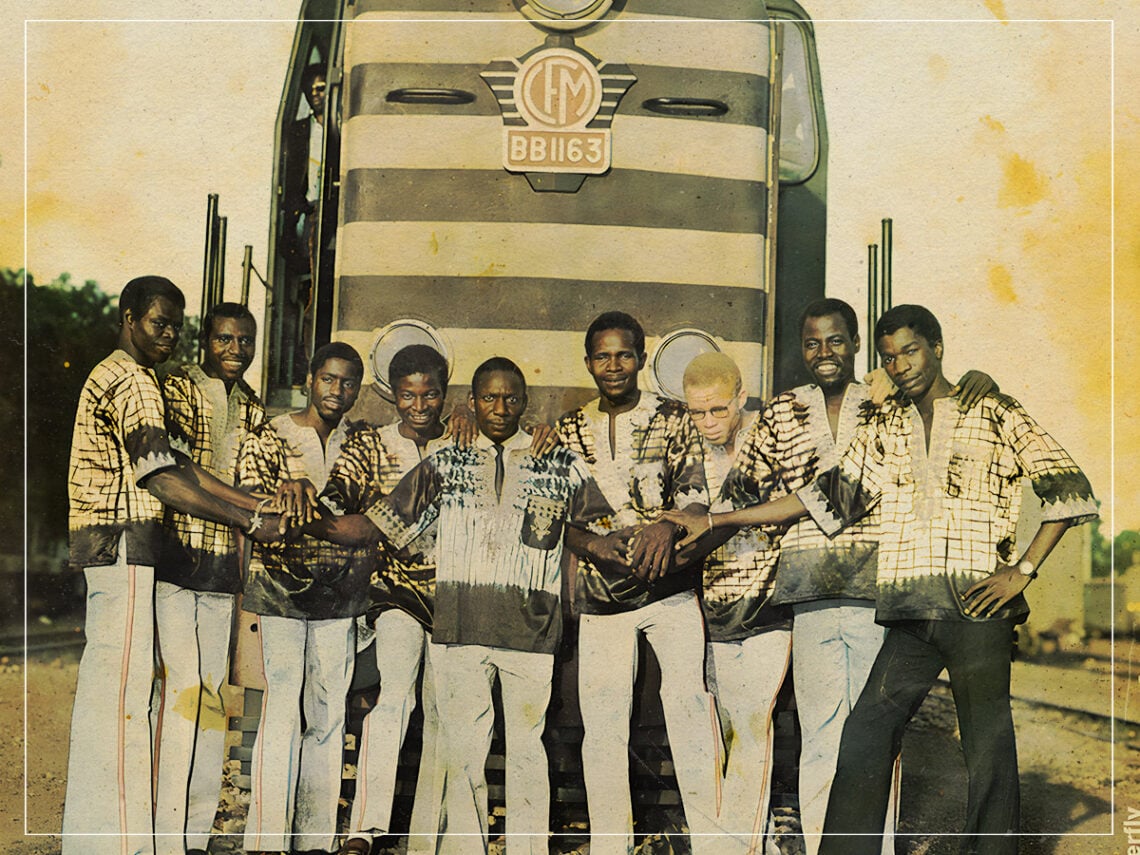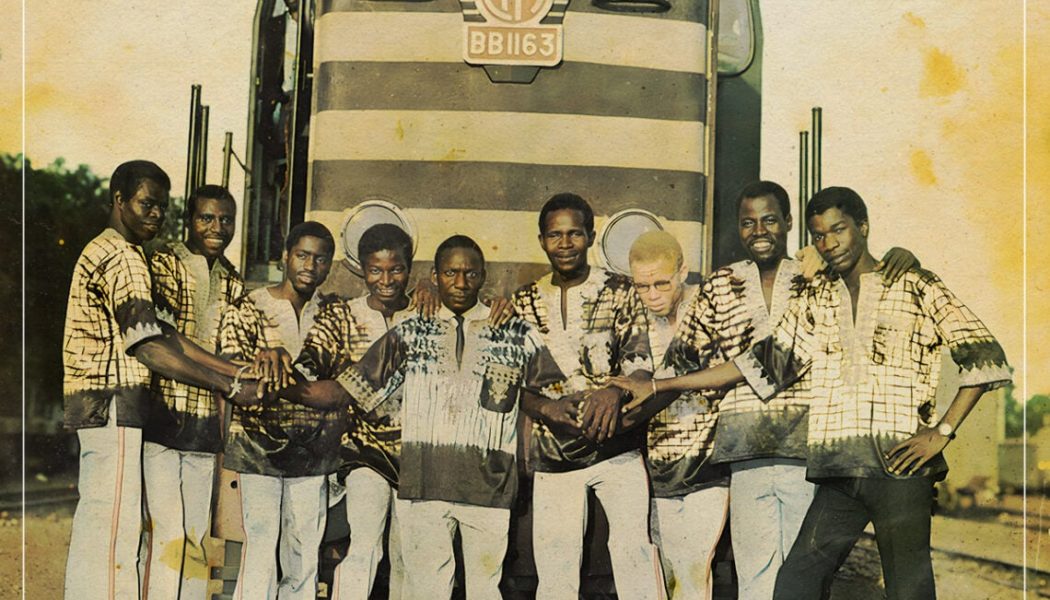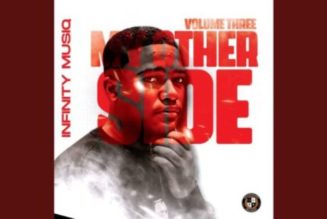
(Credits: Far Out / Last FM)
Just as the lineage of humanity can be traced back to Africa, the continent has perhaps the longest and most vibrant musical history across the globe. Stringed instruments have been around in West Africa for centuries, with music playing an important role in many tribal ceremonies and traditions across the region. However, when guitars, as we know them, entered West Africa in the mid-20th century, everything changed.
The newfound influence of guitars, particularly the electric guitars which arrived with the advent of rock and roll, brought with them an incredible breadth of new musical styles across West Africa. For instance, guitar music in Nigeria blended together with the traditional stylings of Yoruba wéré music in order to create the unforgettable sounds of Fuji music, a vitally important genre that has continued to be relevant within West African music to this day.
Meanwhile, some distance northwest of Nigeria, in the land-locked nation of Mali, Rail Band were hard at work, creating one of the greatest, heaviest, and funkiest guitar records, not just in Africa but in the entire world. Recorded in the capital city of Bamako in 1973, Rail Band was the second studio effort of the Malian State Railway’s official orchestra. An unlikely setting for one of the 1970s best guitar albums, granted, but the quality of the music is undeniable.
A hypnotically soulful effort, the album features an endearing blend of American funk and jazz music while maintaining the signature sounds of Afro-Cuban rhythms and traditional tribal sounds of the Mandé people. With brass master Tidiani Koné at the helm of the group, taking on saxophone and trumpet responsibilities, the sounds of Rail Band are unmistakable and highly sought after.
Held aloft by the shimmering reverb of Djelimady Tounkara’s pioneering guitar tones, Rail Band celebrates the story-telling history of Mali while bringing the Mandé tradition into the modern-day. Among the band’s extensive line-up are vocalists Salif Keita and Mory Kanté, who would later go on to find fame as soloists in their own right.
Forming in 1970 and lasting for much of the decade, Rail Band were essentially the house band of Buffet Hôtel de la Gare (Station Hotel) in Bamako. Playing five nights a week from two in the afternoon until the early hours of the morning, it is no surprise that the collective sounds so musically tight in the studio. Predominantly playing for an audience of businessmen, local youth, and people in search of a fun night out, the group became a stalwart of Mali’s nightlife.
Rail Band witnessed a revolving door of musicians throughout their tenure, but the personnel on their 1973 record is likely their finest hour. Never before, or since, has a mismatched bunch of musicians performing for a railway company produced such an incredible body of work. It makes you wonder what a Transpennine Express official orchestra would sound like.









